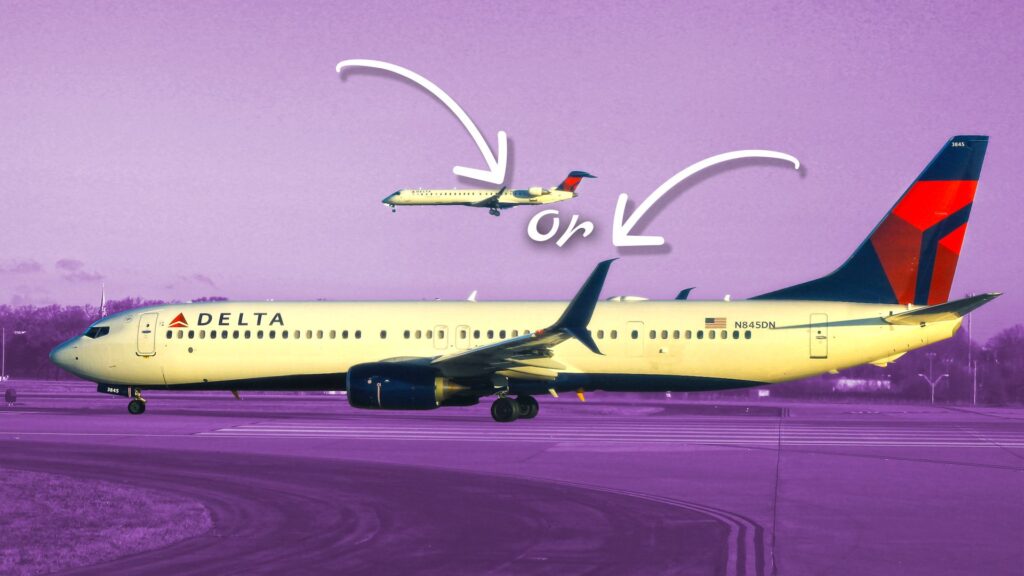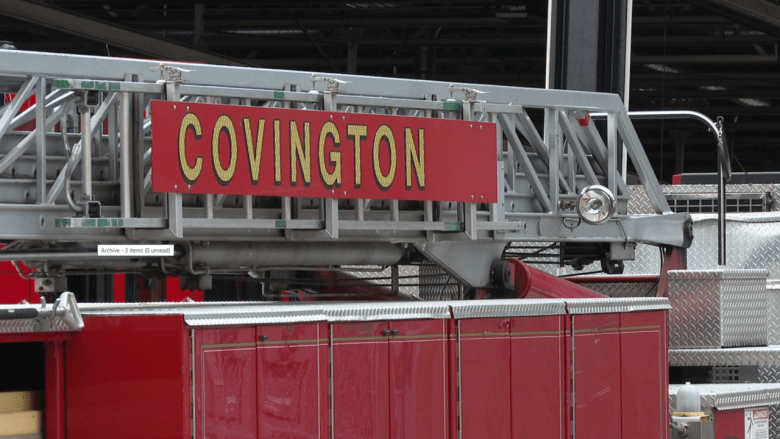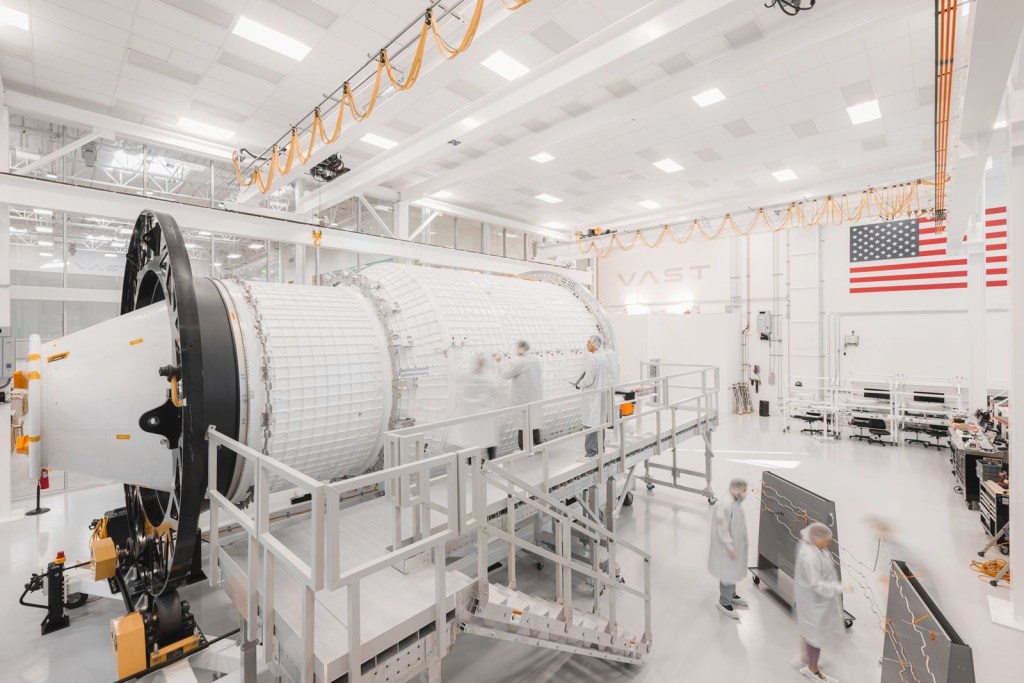
Delta Air Lines has announced a significant upgrade to its fleet by incorporating Split Scimitar Winglets on its Boeing 737-800 and 737-900ER aircraft. This initiative, developed in partnership with Aviation Partners Boeing (APB), aims to enhance fuel efficiency and reduce operational costs, reflecting Delta’s ongoing commitment to sustainable air travel.
The Atlanta-based airline is already recognized for its extensive fleet and global reach. By adopting Split Scimitar Winglets, Delta seeks to improve not only its fuel consumption but also its overall carbon footprint. The new winglets are designed to create a weaker vortex at the wingtip, thereby decreasing drag and leading to enhanced fuel savings.
Benefits of Split Scimitar Winglets
The introduction of Split Scimitar Winglets comes after Delta’s successful installation of APB’s Blended Winglets on various aircraft models, including the Boeing 737-800 and 737-900ER. The Blended Winglet, characterized by a single upward fin, has been widely adopted due to its ability to reduce drag and improve fuel efficiency. The new Split Scimitar design, first certified in 2014, features both upward and downward fins, which are engineered to optimize airflow.
Research indicates that the Split Scimitar Winglets can lead to a fuel burn reduction of between 1.6% and 2.2% per aircraft. This improvement is expected to contribute to operational savings, allowing Delta to maintain competitive pricing for travelers while adhering to its environmental goals.
Other major airlines, including United Airlines and Qantas Airways, have also implemented Split Scimitar Winglets across their fleets, demonstrating a growing trend towards improved fuel efficiency in the aviation industry. Ryanair, Europe’s largest budget carrier, stands out as one of the most significant adopters of this winglet design.
Delta’s Commitment to Sustainability
Delta Air Lines is pursuing a broader strategy to achieve net-zero carbon emissions by 2050. This includes initiatives like increasing the use of Sustainable Aviation Fuel (SAF) and modernizing its fleet with more efficient aircraft. The airline plans to replace 10% of its jet fuel with SAF by 2030, demonstrating a clear commitment to reducing its environmental impact.
In addition to fuel efficiency improvements, Delta is focused on enhancing its operational handling. The redesign of the winglets contributes to smoother flight experiences, particularly in challenging weather conditions. This aligns with Delta’s goal of providing high-quality service while minimizing its carbon emissions.
Delta’s partnership with APB, initiated in 2015, underscores its dedication to sustainable aviation practices. The airline expects to see a positive financial impact from this upgrade, with reduced operating costs potentially leading to lower airfares for passengers.
As Delta rolls out the Split Scimitar Winglets, the airline not only aims to enhance performance and efficiency but also to set a standard for sustainability in the aviation industry. By investing in advanced technology, Delta is poised to improve its operational efficiency while making strides in reducing its overall environmental footprint.
The implementation of these winglets showcases Delta’s proactive approach to modernizing its fleet and addressing the pressing need for greener travel solutions. As the aviation industry continues to evolve, Delta Air Lines is positioning itself as a leader in both operational excellence and sustainable practices.







